
Still a fun watch and read, though!





Warsan Shire is a Kenyan-born Somali poet and teacher who lives in London and Los Angeles. She is the author of Teaching My Mother How to Give Birth and is included in The Salt Book of Younger Poets. She received the Brunel University's African Poetry Prize and was the 2013 Young Poet Laureate for London.
 Links to share, collected at @LaurenWaynecom on Twitter:
Links to share, collected at @LaurenWaynecom on Twitter:<3 this: How I Make a Living as a Writer (and You Can, Too) by @jaltucher https://t.co/8agyxAXaio (Hint: It involves a LOT of #writing.)
— Lauren Wayne (@LaurenWaynecom) February 27, 2016
Hemingway Takes the Hemingway Test - will he pass? https://t.co/k5O9LyFtc5 #editing #writing
— Lauren Wayne (@LaurenWaynecom) February 26, 2016
How to Edit Your Book in 4 Steps by Mike Nappa at @WritersDigest https://t.co/HgL9egfIG3 #editing #writing
— Lauren Wayne (@LaurenWaynecom) February 28, 2016
 Links to share, collected at @LaurenWaynecom on Twitter:
Links to share, collected at @LaurenWaynecom on Twitter:How to Write a Query Letter | @NathanBransford https://t.co/lnRwW9u7XI #writing #amquerying
— Lauren Wayne (@LaurenWaynecom) February 23, 2016
Making a Dark Character Likable through Vulnerabilities https://t.co/bSjjORvlsX #writing #amwriting pic.twitter.com/7uGHjDwS2J
— Angela Ackerman (@AngelaAckerman) February 19, 2016
Fiction Writing: What Makes Readers Care About Your Characters? https://t.co/TlbqcTPLgO #amwriting
— Alan Felyk (@AlanFelyk) February 25, 2016
Call it a Toni Morrison celebration: #BannedBooksWeek 2016 will honor diverse writers https://t.co/zra8MSA2No
— Lauren Wayne (@LaurenWaynecom) February 25, 2016
I'm reprinting this from Hobo Mama in the hopes that children's authors take note: We need more variety in our characters, on so many levels. One is in animal-gender form.
 Witness the admirably entertaining Pet's Tails touch-and-feel book by Jellycat, written by Anne Wilkinson. Every single pet on every page is a boy:
Witness the admirably entertaining Pet's Tails touch-and-feel book by Jellycat, written by Anne Wilkinson. Every single pet on every page is a boy:"I love my budgie — his tail is a beautiful blue."
"I love my stick insect — his tail is like a twig."
"I love my fish — his tail goes swish-swish."

 Links to share, collected at @LaurenWaynecom on Twitter:
Links to share, collected at @LaurenWaynecom on Twitter:The Most Anticipated Children’s and YA Books of Spring 2016 https://t.co/Prw4EKzo60
— Lauren Wayne (@LaurenWaynecom) February 2, 2016
How to Write Better Using Humor https://t.co/5iD9f05Q7Z
— Lauren Wayne (@LaurenWaynecom) February 2, 2016
#Scrivener Tips from Joseph Michael | @thecreativepenn https://t.co/tQHqQGZuwi #writing
— Lauren Wayne (@LaurenWaynecom) February 2, 2016
 Author Gretchen Rubin came to Seattle, and I didn't see her — but I saw her poster in the library often enough beforehand that I was inspired to check out her book Better Than Before: Mastering the Habits of Our Everyday Lives. It's about her own quest to understand habit formation and tips for us on how best to start and maintain good habits.
Author Gretchen Rubin came to Seattle, and I didn't see her — but I saw her poster in the library often enough beforehand that I was inspired to check out her book Better Than Before: Mastering the Habits of Our Everyday Lives. It's about her own quest to understand habit formation and tips for us on how best to start and maintain good habits. Links to share, from Writing Tidbits:
Links to share, from Writing Tidbits:Pinterest recently announced new functionality for “Rich Pins” for Pinterest for different types of pins (product, recipe, movie, or article).
| Pinterest + iPad = Love (Photo credit: Bunches and Bits {Karina}) |
 Links to share, from Writing Tidbits:
Links to share, from Writing Tidbits:Number 2.5: There’s a widow who is still a virgin, despite being married to Lord Humperslut for years and years.
How is this possible? Well, sit back and we’ll tell you. The heroine married Humperslut just before he started introducing his bloodstream to metric tons of opium, and his penis was lost shortly thereafter in a tragic riding accident. His young bride is sworn to secrecy lest his reputation suffer, leaving her to misery and, of course, sexual unfulfillment.
OK, fine, we’re exaggerating a little — but only a little. Yet again, the Sacred Virginity of the Heroine rears its ugly maidenhead, and the heroine’s validity as a woman is tied up in the sanctity of her love canal. Virgin widows may have been novel plot devices back in the day, but Romancelandia is lousy with those beasts. We say it’s time to put this particular cash cow out to pasture.
 60
60 Want some novel reading to go along with your Olympics watching? As the women's figure skating finals come into view, read up on the world behind the scenes in Alina Adams' hilarious and entertaining mystery, Murder on Ice.
Want some novel reading to go along with your Olympics watching? As the women's figure skating finals come into view, read up on the world behind the scenes in Alina Adams' hilarious and entertaining mystery, Murder on Ice."As a reader, Bex had assumed the technique was nothing more than filler. […] However, now that she was a sleuth herself, Bex decided to give all those poor, maligned writers the benefit of the doubt and guess that the interminable itinerary listing was actually a sensible way of organizing their thoughts in a linear fashion, the better to make sense of the knotty puzzle before them."
"She noted that they seemed to be driving down Nineteenth Avenue. The street was … street colored. Concrete colored. Gray.
[… ]
And, anyway, now they had left Nineteenth Avenue and were driving through Golden Gate Park, which was pretty and green, as parks are wont to be. Finally, they pulled out of the park and alongside the Pacific Ocean. It was blue and big and, presumably wet."
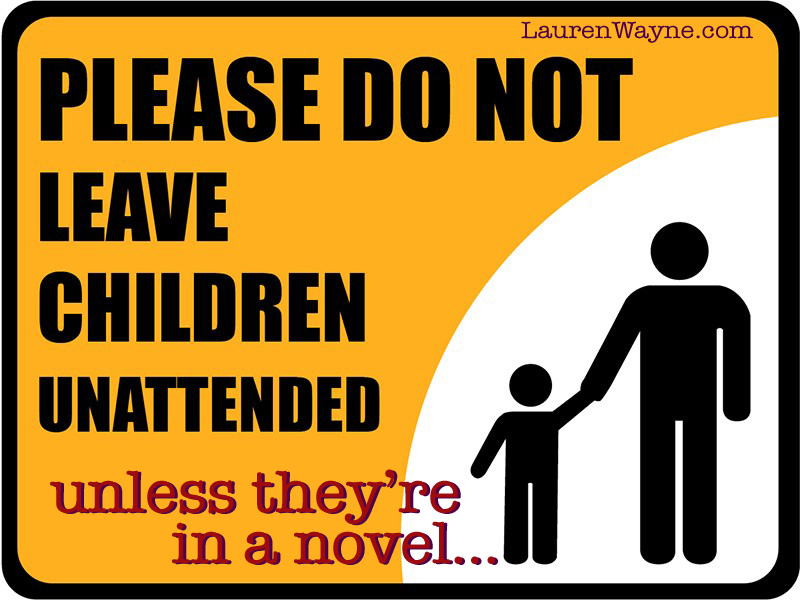
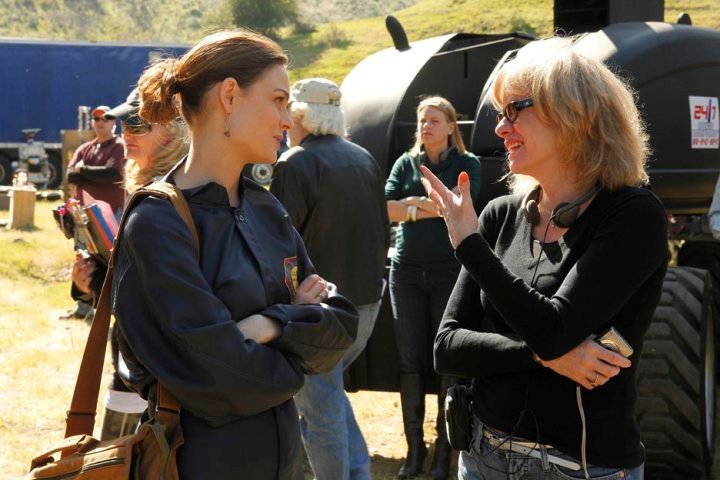 |
| Actor Emily Deschanel and author Kathy Reichs on the set of Bones (image courtesy Fox) |

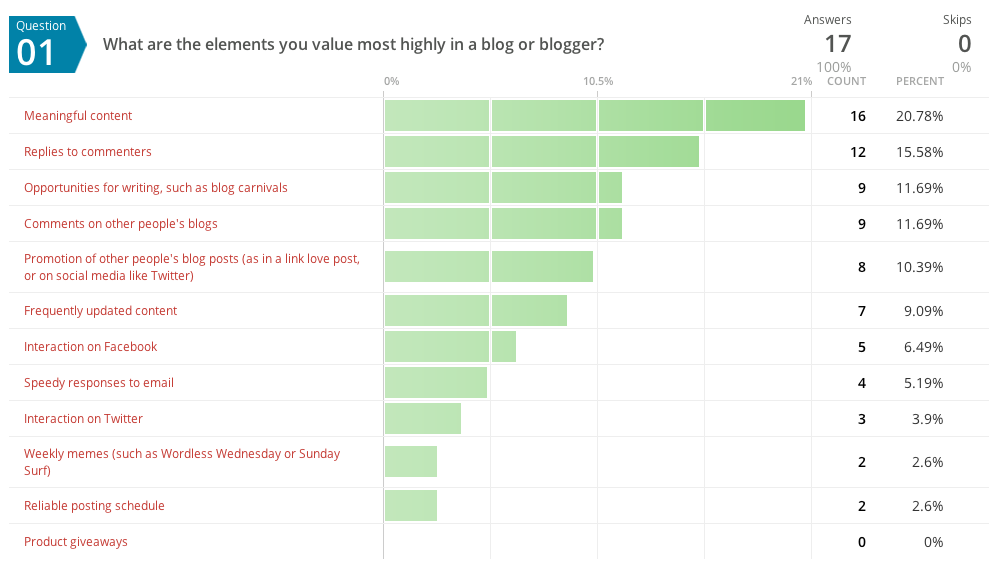
 Links to share, from Writing Tidbits:
Links to share, from Writing Tidbits: 1
1What they really want is to discover whether you have a common interest they can connect with. Your readers want to know what you can do for them.
In other words they are tuned to the WIIFM [what’s in it for me] radio station.
All you have to do is look at something and see how it makes you feel. If your initial reaction is sadness or guilt or indifference, you don’t keep it. If it makes you feel glad, you keep it. Simple, yes, but effective.
 4
4If This Then That is magical. It works on the simple premise of when one thing happens, you trigger another. You create what they call recipes, with custom triggers and outcomes. (You can also use recipes that are shared from other users.)You could use it for anything; I have two recipes that update Twitter & Tumblr when I post a new blog entry.
Last year, Facebook started showing fans fewer page posts. The less fans interacted with a page, the fewer updates they saw from it.…Fans need to continually interact with your page. They can like, comment, share, click links, etc.
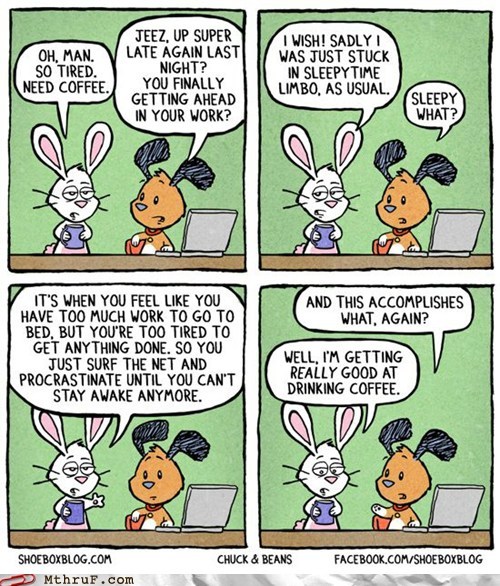
Once again, I bring you: review for a book (and movie) no one's talking about anymore! Whee! Good thing I'm not a newspaper.
 The Help,
The Help, |
| There's some seller chutzpah for you. |
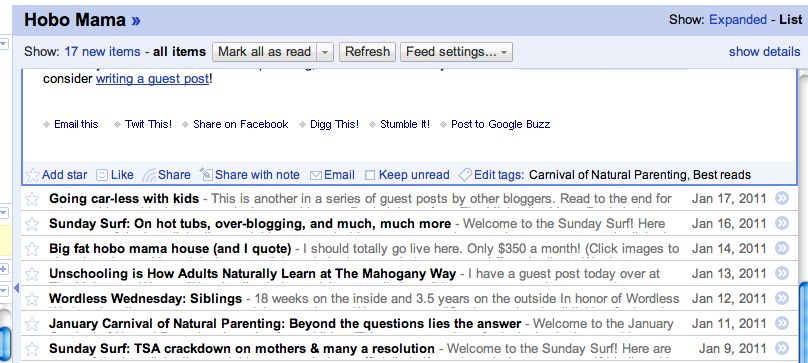
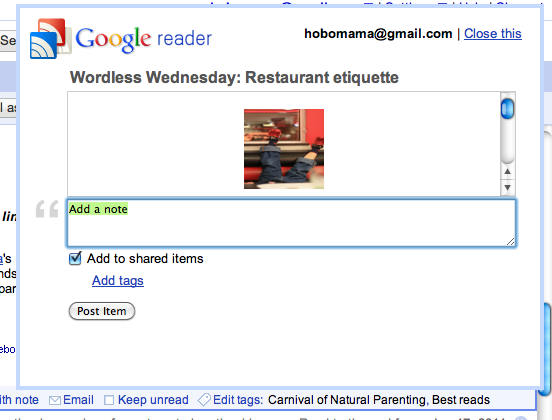
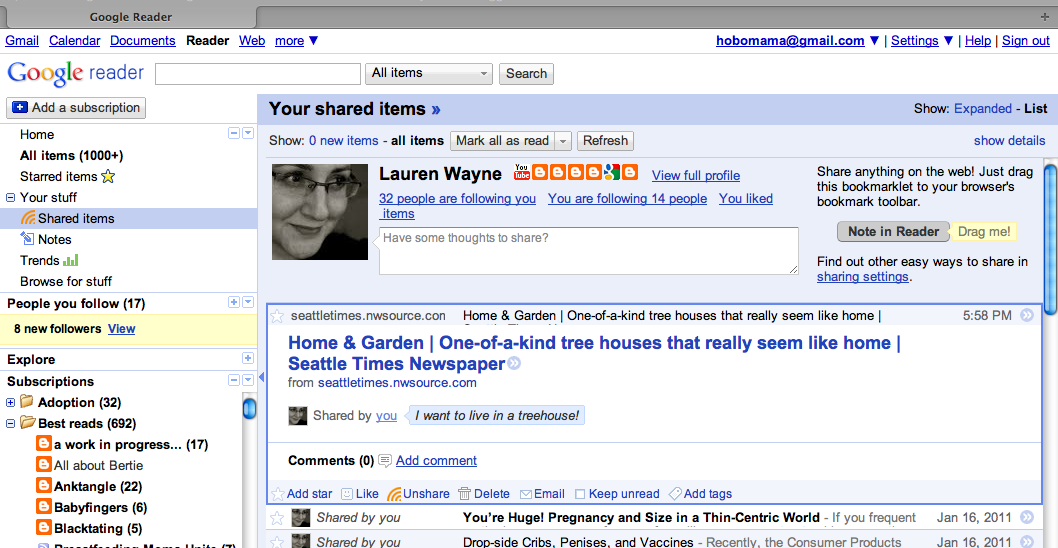
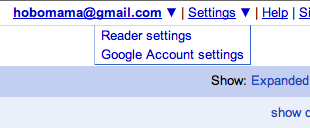
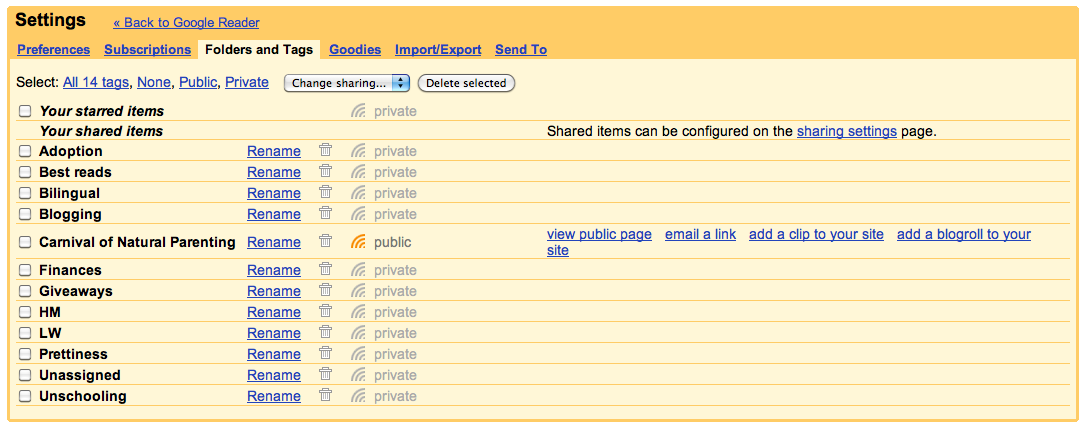
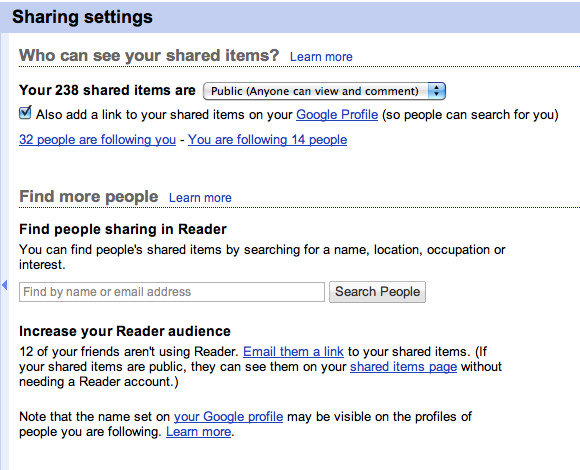


 I thought I'd throw up (blargh! just joking) a little review of The Secret Duke,
I thought I'd throw up (blargh! just joking) a little review of The Secret Duke,
I'm Lauren Wayne, career writer, author of mystery & romance novels, professional blogger, and natural parent. Follow along with my tips for writing, publishing, and blogging.
Read more about me here, and find out about my books here.
You can chat with me on Twitter, Facebook, my Google+ profile, Instagram, and Pinterest. You can email me at mail {at} LaurenWayne.com or use my contact form.